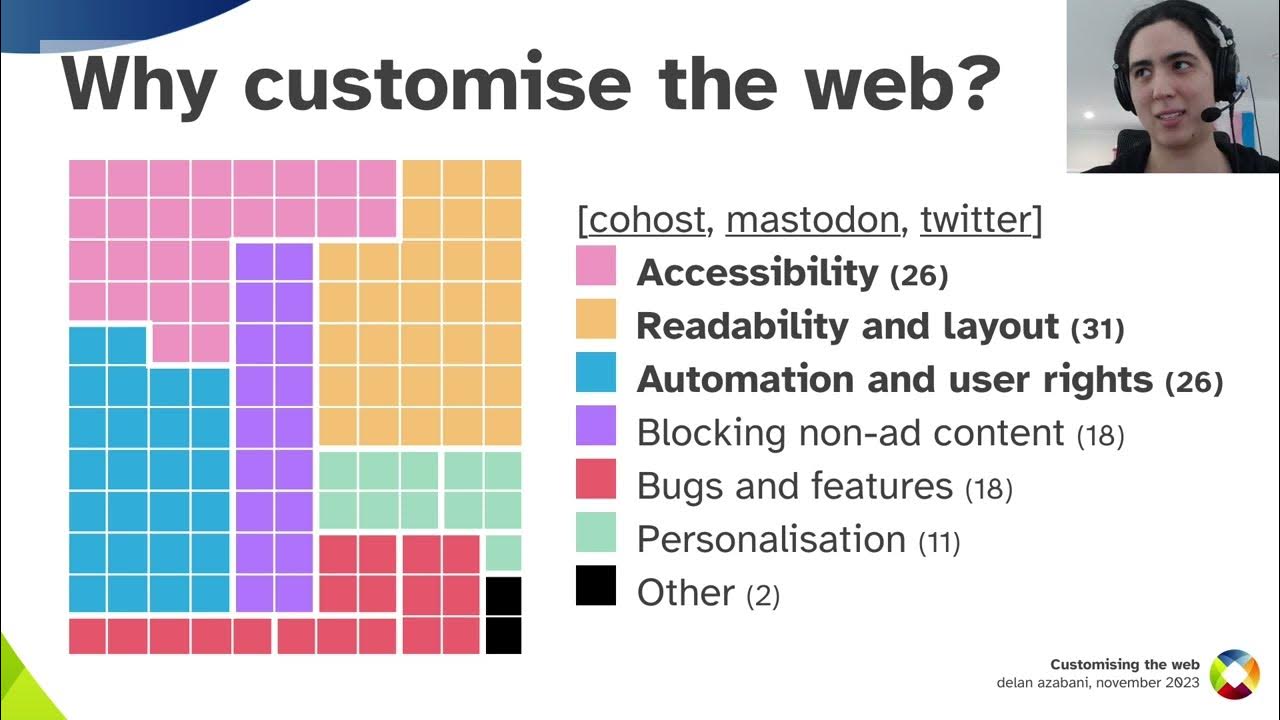

while i don’t have any specific opinions about this that other people haven’t addressed, i just want to flag up something;
How this could be enforced? No voting from the All and/or Local feed. Seems easy and straight forward.
this seems unenforcable. as in, you can’t really tell where someone discovered a post from. yeah you can just remove the buttons from those views clientside and it’ll probably work for the majority of cases, but alternate clients or modifications to lemmy-ui can simply put the buttons back in (or in cases of unmaintained or differently opinionated clients, just not remove the buttons at all). the backend can’t really differentiate which view a vote comes from. federation especially can’t differentiate which view a vote comes from.












The Pleroma family of ActivityPub servers are on Elixir and their bottleneck seems to be their awful database schema where everything is JSONB, and even then they’re known to be quite lightweight, so I assume with a proper DB schema it’d work quite well…